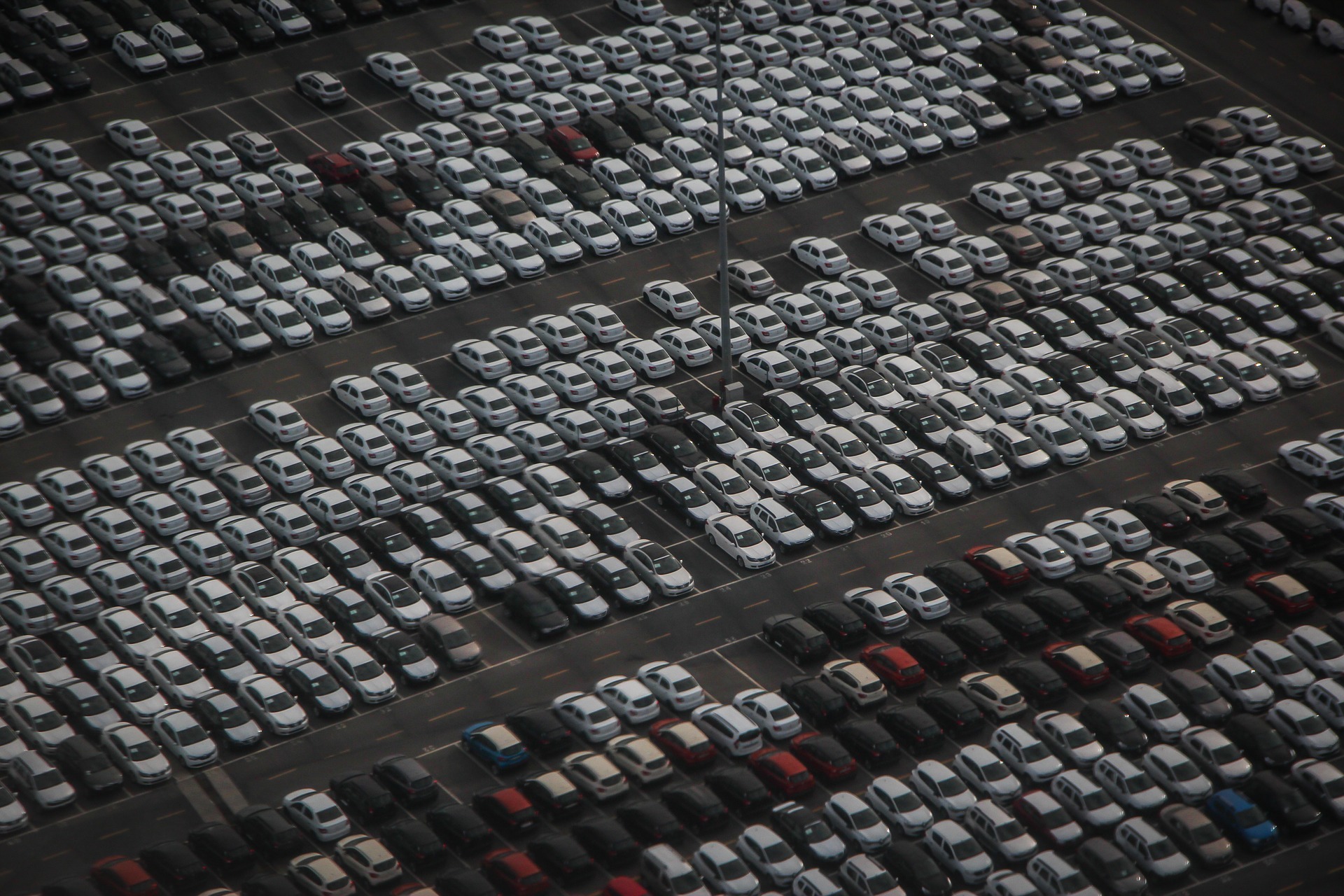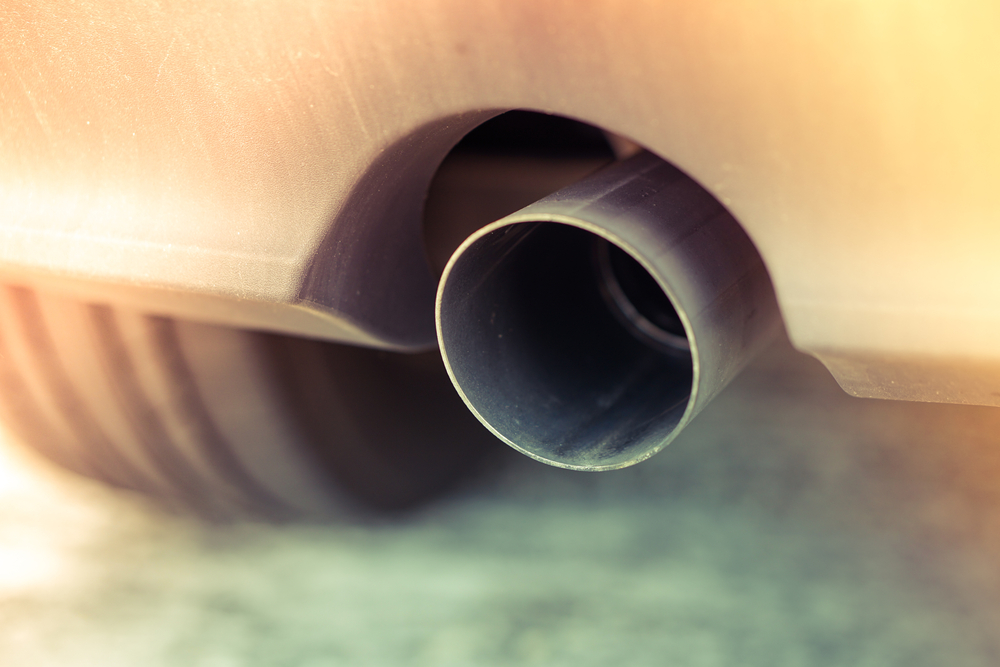New CO2 targets will boost cleaner car sales but fall short on climate ambition
Carmakers will be required to reduce the carbon emissions of new cars they sell in Europe by 15% in 2025 and 37.5% in 2030. The CO2 reduction targets, based on 2021 levels, were agreed in the last round of talks between the Austrian Presidency, European Parliament and the European Commission this week after 27 hours of negotiations. T&E welcomed the deal, which will improve fuel economy for consumers, but it warned that the targets are well below what’s needed to meet the goals of the Paris climate agreement.








